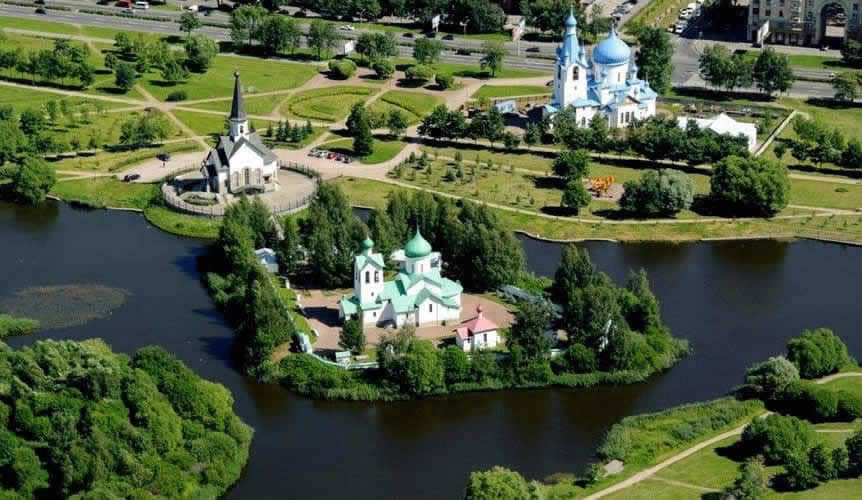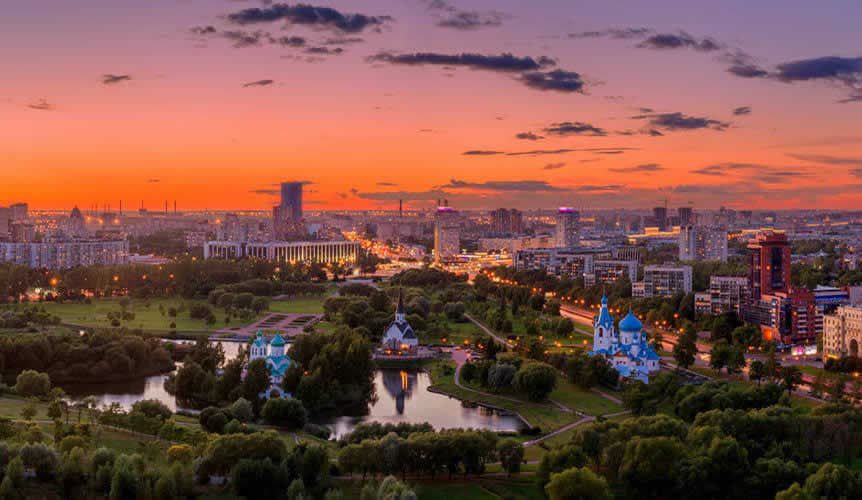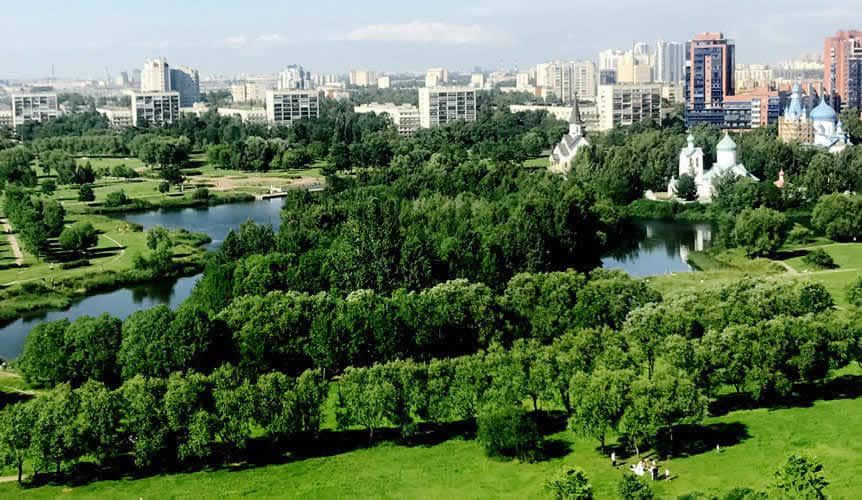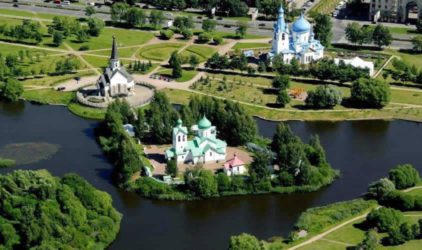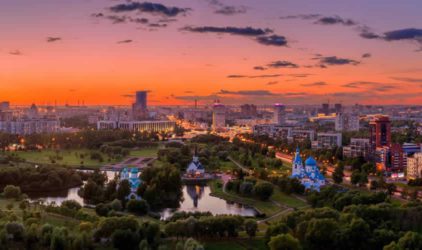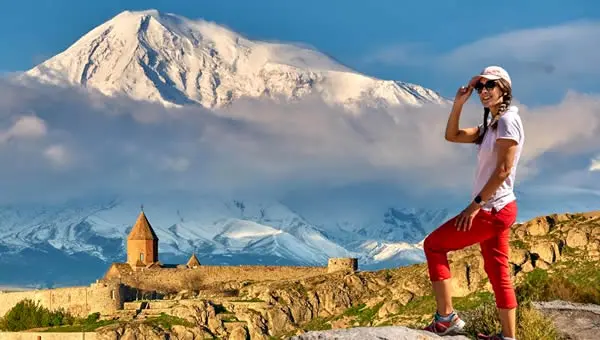Russian ballet is not just an art, it is a symbol of greatness, refinement and impeccable skill. It stands on the pedestal of the world ballet heritage, being an example of how culture, technique and emotion are combined in perfect harmony.

However, the real flowering of the ballet tradition in Russia began in the 19th century when the Imperial Ballet School was founded in St. Petersburg. This was also the time when such iconic works as Swan Lake and The Sleeping Beauty were created.
At this time ballet in Russia reached its peak, becoming the center of world ballet art.
Exceptional technique and style

Russian ballet schools such as Vaganova and the Moscow Academy of Choreography have become world leaders in training dancers.
The popularity of Russian ballet is not only the merit of the dancers and choreographers. Russian ballet has shaped aesthetic ideals that have had a significant impact on the development of theater and art around the world.
The presentation of ballet as a great spectacle, with majestic sets and costumes, created new standards for productions.
Russian ballet is not only technique, but also deep emotion.
Excellent and most famous performers, such as Anna Pavlova, Maya Plisetskaya, Galina Ulanova, were able to give the world a ballet that combines not only physical endurance, but also incredible emotional power. The ability to convey through dance the most subtle feelings, from tragedy to joy, makes Russian ballet unique.

Even in the modern era, when the art world has become more diverse and eclectic, Russian ballet retains its aristocratic and unique atmosphere, being a benchmark of high art.
As a result, Russian ballet continues to stir the hearts of millions, inspire and delight, retaining its unique magic and grandeur throughout the centuries.



